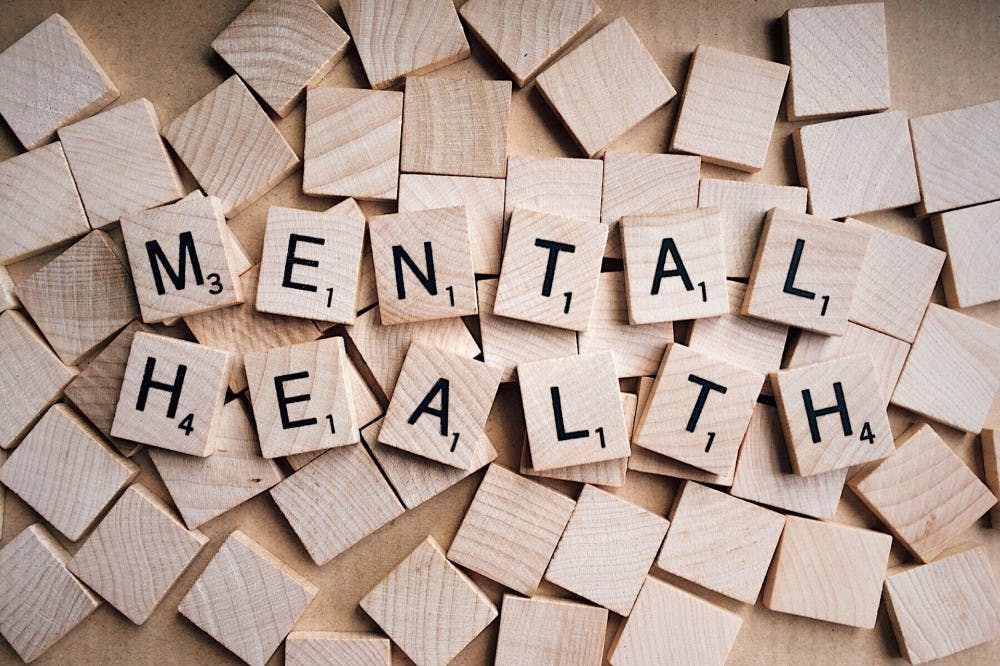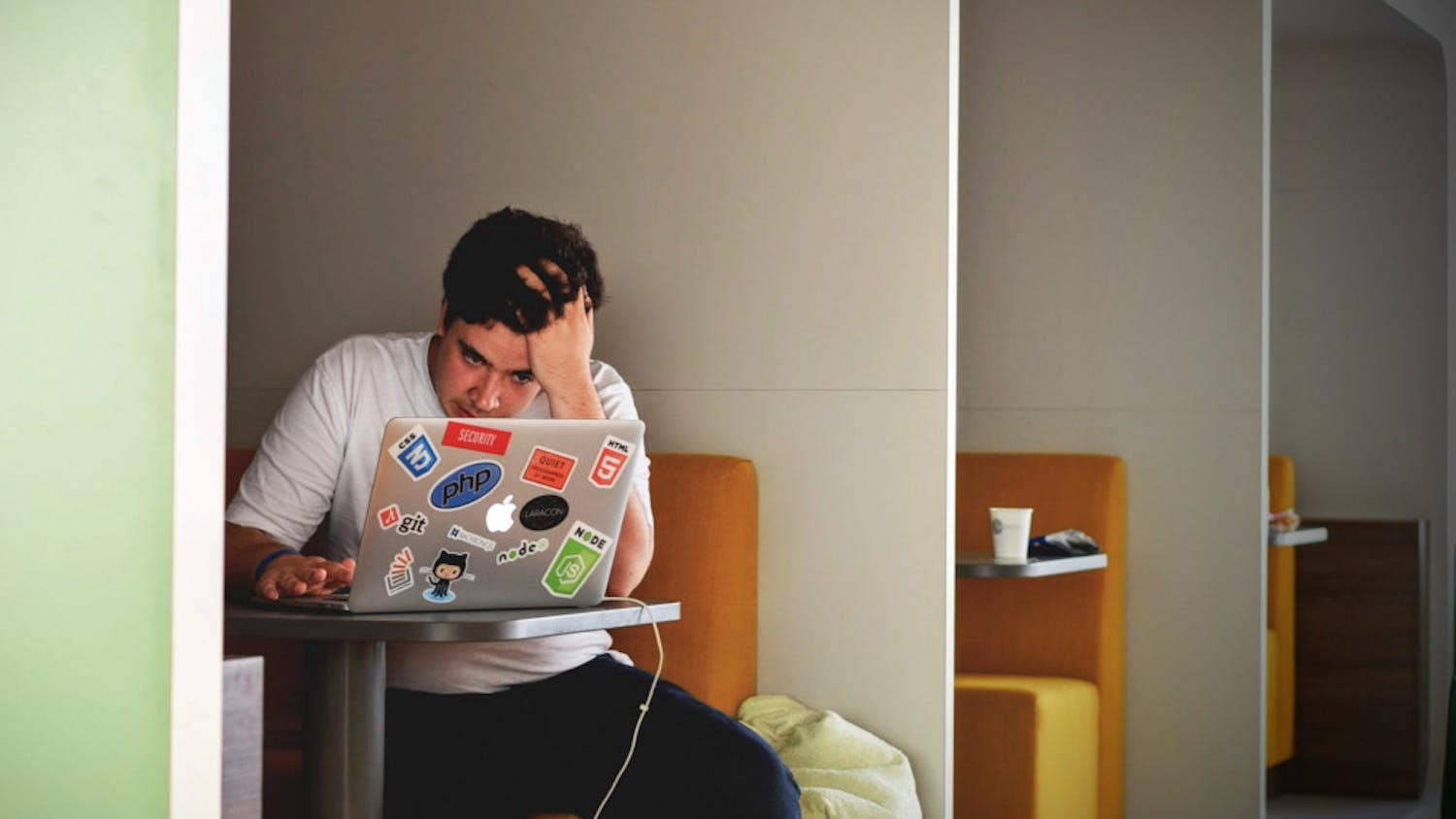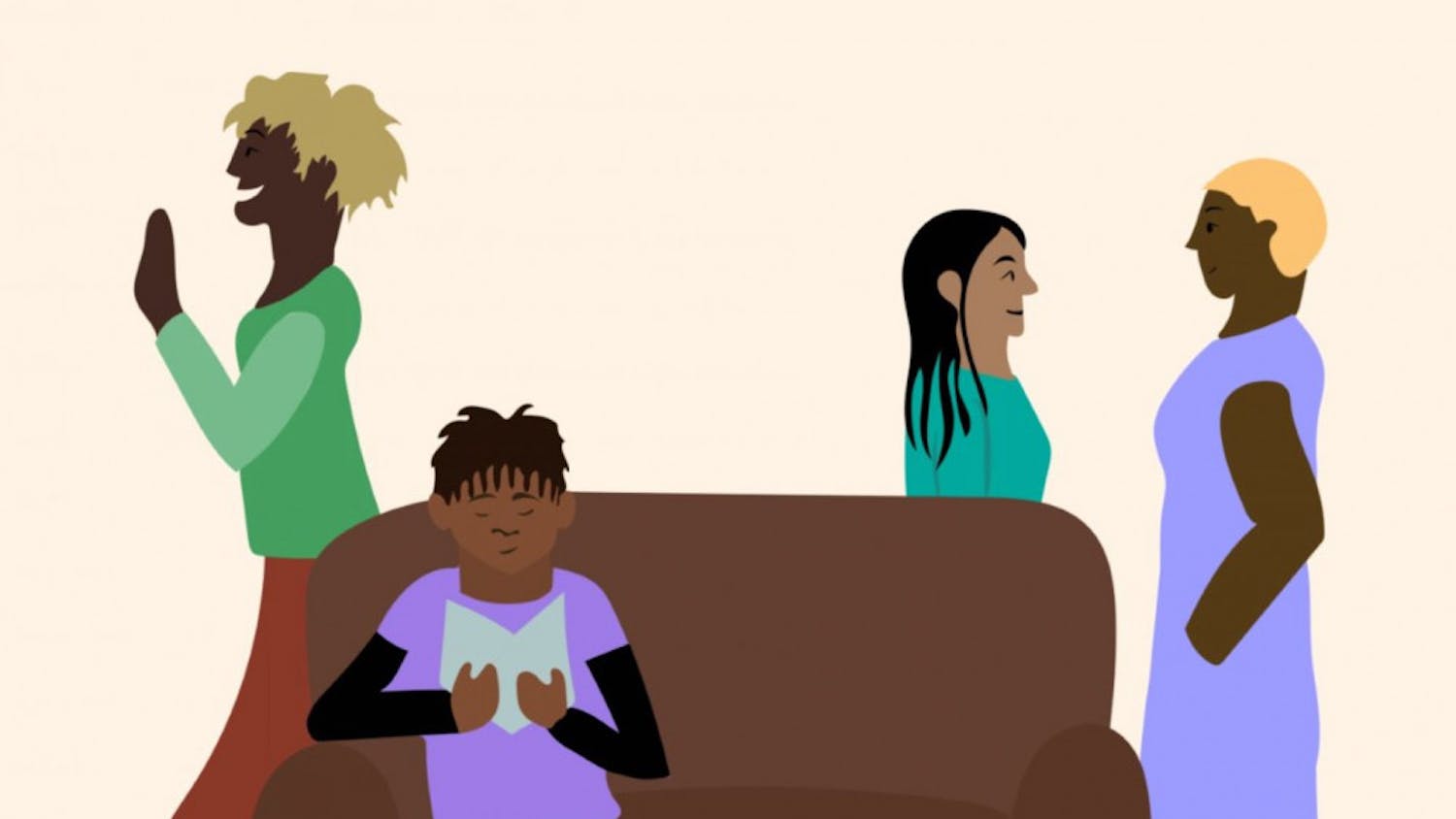Please Note: We only include phonetic spellings by request of the source.
The Black Student Organization feels that Western Washington University is falling short in the fulfillment of their demand for two Black counselors made in June 2020.
By hiring two Black counselors, the university would be addressing a missing niche in the Counseling Center to help Black students work through the psychological stresses of anti-Black racism at a predominately white institution, according to the formal demands. About 411 faculty and staff identify themselves as being part of an ethnic minority out of 2,402 total University employees, according to the Summary of Faculty and Staff Demographics.
In their demands, the BSO specified that these counselors were to be found and hired by the end of the 2020-21 school year, which hasn’t happened yet, according to AS President Abdul-Malik Ford, a Black-Muslim man who is the former president of the Black Student Union and one of the original signers of the BSO demands.
“A demand that Western has kind of failed to address is black mental health,” said LaShaiah Dickerson, a Black student who is a BSO development specialist and vice president of the Black Student Union in an email.
One frustration is that the university is actively searching for a Black retention counselor, whose job it is to guide students towards their educational goals, when the same urgency is not being shown for finding Black counselors, which are licensed mental health professionals, according to Ford.
“It would make more sense to give us what we asked for instead of something completely different,” Ford said.
In this case, retention seems to be prioritized over mental health, Black students feel reduced to assets, he said.
“What I see in my eyes being a business major and also being a Black student is like this action is just to protect the assets on campus; they consider all students to be assets, so this specific group is something they’re trying to address, so they’re trying to protect their Black assets,” Ford said.
The university’s search for a Black retention counselor is not necessarily in place of searching for Black counselors, said vice president of Enrollment and Student Services Melynda Huskey.
“These are not mutually exclusive things to hire more counselors in the Counseling Center and to hire a retention counselor through the larger structure of Multicultural Student initiatives,” Huskey said.
According to Counseling Center director Sarah Godoy, all of the counselors on staff are trained in serving multicultural student populations. Some counselors have experienced race-based and multigenerational trauma, which enables them to relate to students of color that have had similar experiences on a deeper level, she said.
According to Tanisha Antoine, an African American woman who is president of LegallyBLACK, shared identity and appearance is important for counselors for Black students alongside shared experience with racism.
“The Black and Brown experience is unique, and it’s not to say that anybody else's experience is any less important, but it is nice when you can go in and see someone who looks like you and can say ‘I get it, I’ve been there,’” Antoine said.
The difficulty of explaining the realities of systemic racism and the psychological toll it takes makes Black counselors for Black students even more vital, Antoine said.
“It’s always hard when you’re trying to explain a feeling that sometimes just kind of goes unspoken,” Antoine said. “Like, you know how you walk into a room and something doesn’t feel right, or you experience something that makes the hair on your arm stand up and you can’t explain what it is, that’s kind of what it’s like being Black in America and trying to explain that to a white counselor.”
Although the university cannot lawfully require counselor candidates to be Black, searches for two new counselors require experience, research and background in resolving racial traumas, according to Huskey. These requirements may result in people of color being the most qualified candidates, she said.
“As long as the position description does not require a particular identity, there’s no reason that the most qualified person for that job couldn’t be a person of color, a person of a particular identity,” Huskey said. “We can’t require it, but I think what goes with that is the recognition that very often the most qualified person in a search is going to be a person who is not a member of a particular dominant culture group.”
Western does not have to reinvent the wheel in its search for Black counselors, Antoine said. It can look at what other universities have done to fulfill similar demands and needs, she said.
“Reach out to other schools that have large populations of Black staffing and see what they did to attract them,” Antoine said. “All of this is just learning, and growing, and networking.”
Once Black counselors or counselors of color are found, it is important for them to have support from their colleagues and that their pay matches the emotional labor of their work, said Ursula Zucker, a Licensed Independent Clinical Social Worker from LegallyBLACK.
“Black counselors are out there,” Zucker said. “The question is how the college will create and maintain a safe space for the counselors to work.”
The Front has been reporting on the BSO demands from June 2020. Read more of our coverage here and here.
Jacob O’Donnellis a junior majoring in environmental policy and public relations. He is currently a campus news reporter for The Front and typically writes about issues related to the environment and social justice. He can be reached at jacobodonnell.thefront@gmail.com.






